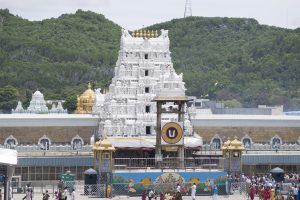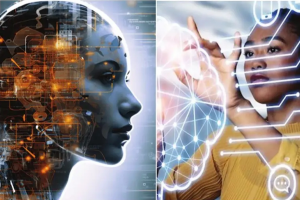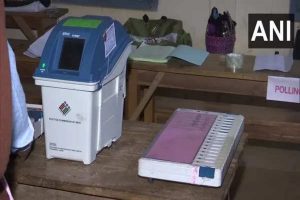Sri Lanka’s Presidential election marks a pivotal moment as Anura Kumara Dissanayake, a Marxistleaning leader, gets set to assume the presidency after a victory that reflects the public’s growing demand for systemic change. His ascent to power comes in the aftermath of the 2022 economic crisis, which left Sri Lanka’s financial system on the edge of collapse, leading to severe foreign exchange shortages, skyrocketing inflation, and widespread public protests.
The people’s faith in traditional political elites, long dominated by family dynasties, has eroded, and the election of Mr Dissana – yake, a non-dynast, underscores this shift. At the heart of his campaign was a clear message: economic recovery must be paired with structural reforms that prioritise the welfare of the people over entrenched political interests. His promises to combat corruption and implement policies that aid the impoverished resonate with a public still reeling from austerity measures tied to the IMF bailout. Sri Lanka’s fragile economic situation, despite showing signs of recovery, remains precarious for millions of citizens mired in poverty. Inflation may have dropped from its crisis peak, but the cost of living is still unmanageable for many, leaving voters desperate for leadership that prioritises their struggles.

Mr Dissanayake’s victory is also a referendum on outgoing President Ranil Wickreme singhe, who steered the nation through some of its darkest days. While his handling of the IMF programme brought a semblance of stability, the economic pain caused by austerity measures alienated large swathes of the population. Many viewed Mr Wickremesinghe as a caretaker leader, competent in crisis management but disconnected from the plight of ordinary citizens. His defeat underscores the public’s desire for a different path, one that addresses the root causes of Sri Lanka’s economic dysfunction rather than managing its symptoms. However, Mr Dissanayake’s challenge is formidable. His pledges to slash taxes and increase public welfare may be popular, but they also risk derailing the IMF’s fiscal targets, which are critical to ensuring long-term recovery. Any deviation from these targets could jeopardise Sri Lanka’s progress in restructuring its $25 billion debt and restoring investor confidence.
The new President will need to strike a delicate balance between his campaign promises and the economic realities of governing a nation still heavily reliant on external support. One of the key takeaways from this election is the overwhelming demand for systemic change, reflected in Mr Dissanayake’s surge in popularity. Despite his party’s small presence in Parliament, his victory shows that Sri Lankans are ready to embrace new political practices and institutions. This moment offers a rare opportunity to build a more equitable and transparent political system, one that addresses the grievances of a populace weary of corruption and mismanagement. Ultimately, Mr Dissanayake’s success will hinge on his ability to navigate the complex web of economic recovery, debt obligations, and social welfare demands. He has been handed not just a position of power, but a heavy responsibility to deliver on his promises while ensuring Sri Lanka’s stability in the years to come.












